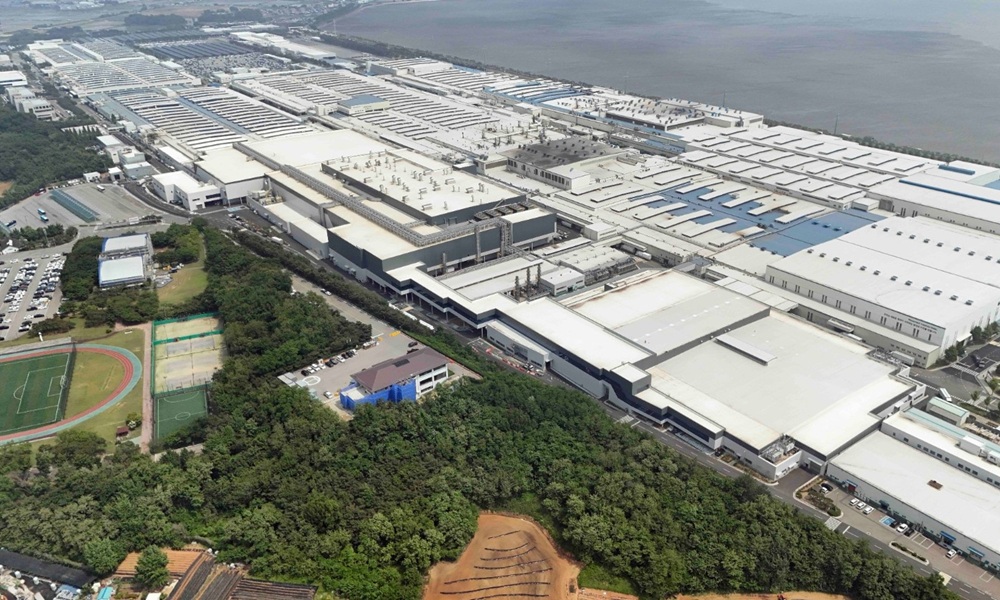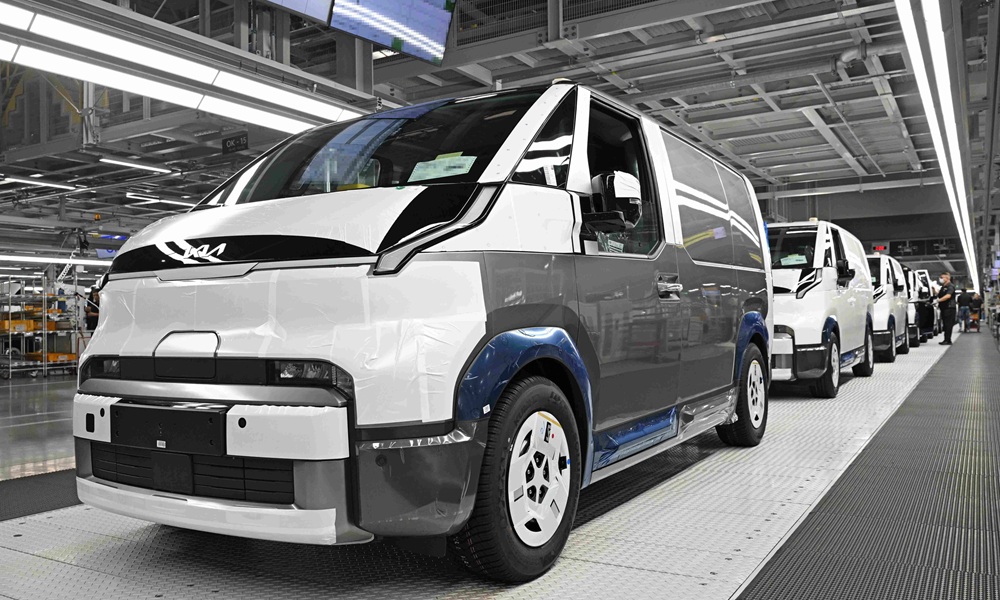Kia has taken a decisive step in expanding its global Platform Beyond Vehicle (PBV) strategy with the completion of its dedicated Hwaseong EVO Plant East and the groundbreaking of EVO Plant West — a combined mega-facility designed to become Hyundai Motor Group’s first full PBV production hub.
Located at Kia’s AutoLand Hwaseong complex in Gyeonggi Province, the two plants represent an investment of KRW 4 trillion across a 297,000 m² site. Once both sites are fully operational, Kia will have a combined annual PBV production capacity of 250,000 units, reinforcing Korea as the central manufacturing base for its global PBV rollout.
The ceremony was attended by senior Korean government officials, including Prime Minister Min-seok Kim, alongside Hyundai Motor Group Executive Chair Euisun Chung and Kia Global CEO Ho Sung Song. The milestone underscores Korea’s ambition to lead in future mobility sectors including electrification, autonomous systems and AI-enabled manufacturing.

Kia’s newly completed EVO Plant East will produce 100,000 units per year of the PV5 — the brand’s mid-size PBV range that includes Passenger, Cargo, Chassis Cab and Wheelchair Accessible Vehicle (WAV) variants. The forthcoming EVO Plant West, scheduled for completion in 2027, will deliver 150,000 units annually, including Kia’s next-generation large PBV: the PV7.
Ho Sung Song, President and Global CEO of Kia, said: “Kia is leveraging the electrification of light commercial vehicles as a key opportunity to position PBVs as a core future business. As we continue our journey toward sustainable future mobility, Kia remains committed to becoming a trusted partner in building a better future for Korea — and for humanity as a whole.”
The EVO Plant complex integrates next-generation manufacturing technologies including Hyundai Motor and Kia’s E-FOREST smart factory platform, real-time quality control, automated guided vehicles in body operations, and low-carbon paint booths using dry-filter systems. The final assembly hall features specification guidance screens, automated heavy-component installation and low-noise tools to support a safer, more ergonomic working environment.
Kia has also adopted a hybrid production philosophy that blends mass-production conveyor systems with cell-based assembly areas, enabling different vehicle formats to be produced simultaneously — a critical capability for PBVs, which require wide model variation and specialist configurations.
Complementing the main plants, Kia is establishing a PBV Conversion Center covering 63,728 m² to support co-development with strategic partners. The centre will produce customised PV5-based variants such as open-bed trucks, box vans and camping vehicles, and later conversion models derived from upcoming PBVs like the PV7. It will function as a key node in building a wider PBV ecosystem and supply chain.
As part of its sustainability strategy, Kia will accelerate its RE100 initiative by developing a 50 MW solar power generation facility at AutoLand Hwaseong, supplying renewable energy directly to PBV manufacturing operations.
Once fully operational, the combined EVO Plant East, EVO Plant West and Conversion Center will give Kia a comprehensive PBV hub capable of producing its entire PBV lineup — supporting the brand’s five-pillar PBV strategy across Product, Manufacturing, Solutions, Services and Channels.
Kia says this global production base will be instrumental in scaling PBVs internationally, supporting the rising demand for electrified logistics vehicles, purpose-built fleet platforms, and modular commercial mobility solutions.



